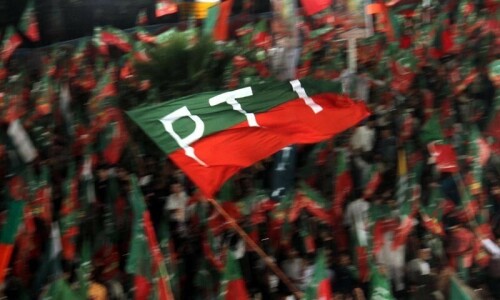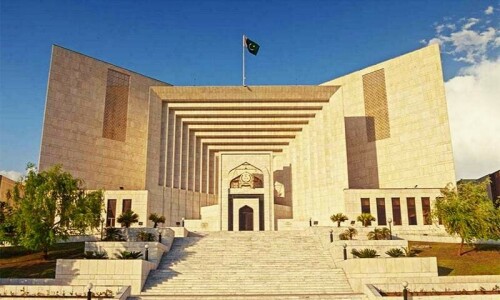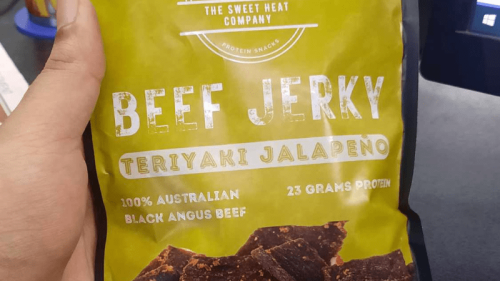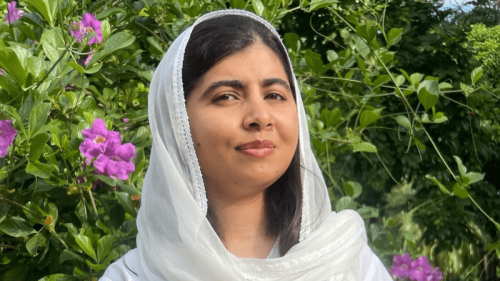
QUETTA: Pakistani Prime Minister Raja Pervez Ashraf flew to Quetta on Sunday to meet locals holding a protest alongside the bodies of family members killed in one of the country's worst sectarian attacks.
Ashraf was was accompanied by Federal Minister for Information Qamar Zaman Kaira and Sardar Mohammad Umar Gorgage.
Earlier, Pakistan-Tehrik-i-Insaf (PTI) chief Imran Khan along with the party's senior leader Makhdoom Javed Hashmi reached Quetta's Alamdar road to participate in the sit-in being staged against Thursday's carnage.
Thousands of the Shia Hazara community, the ethnic group targeted by the blast, have been holding vigils at the site of the blast beside the 96 shrouded bodies. They have spent two nights outside in the cold and rain and are refusing to bury their dead until their safety is guaranteed.
Islamic tradition demands that the dead be buried as soon as possible, and leaving the bodies of loved ones above ground for so long is a potent expression of grief and pain.
The prime minister left early on Sunday to address local leaders in Quetta, the capital of the western province of Balochistan, said presidential aide Naveed Chaudhry. The protesters had rejected a delegation led by the minister for religious affairs that arrived Saturday.
So far, the government has not made any public statement about the attacks, which were claimed by banned militant Sunni group Lashkar-e-Jhangvi.
Governor Balochistan Nawab Zulfiqar Magsi summoned a meeting of the the Balochistan provincial assembly on Jan 15 to discuss the situation over the attacks on the Hazara community in the province. The decision was taken on the advise of the province's Chief Minister Nawab Aslam Raisani.
Shia leaders are demanding that the provincial government be dismissed and that the army take over Quetta to guarantee their security.
“We want assurances that the killers will be arrested so our younger children will not die also,” said Sakina Bibi, 56, who sat alongside the coffins of two of her sons.
“They were my everything,” she wept. “Sitting here will not bring them back but it is our right to protest.”
Sectarian killings have been rising in Pakistan even as deaths from other militant violence have dropped. Human Rights Watch says bombings and gunmen killed more than 400 Shias last year.










































Dear visitor, the comments section is undergoing an overhaul and will return soon.